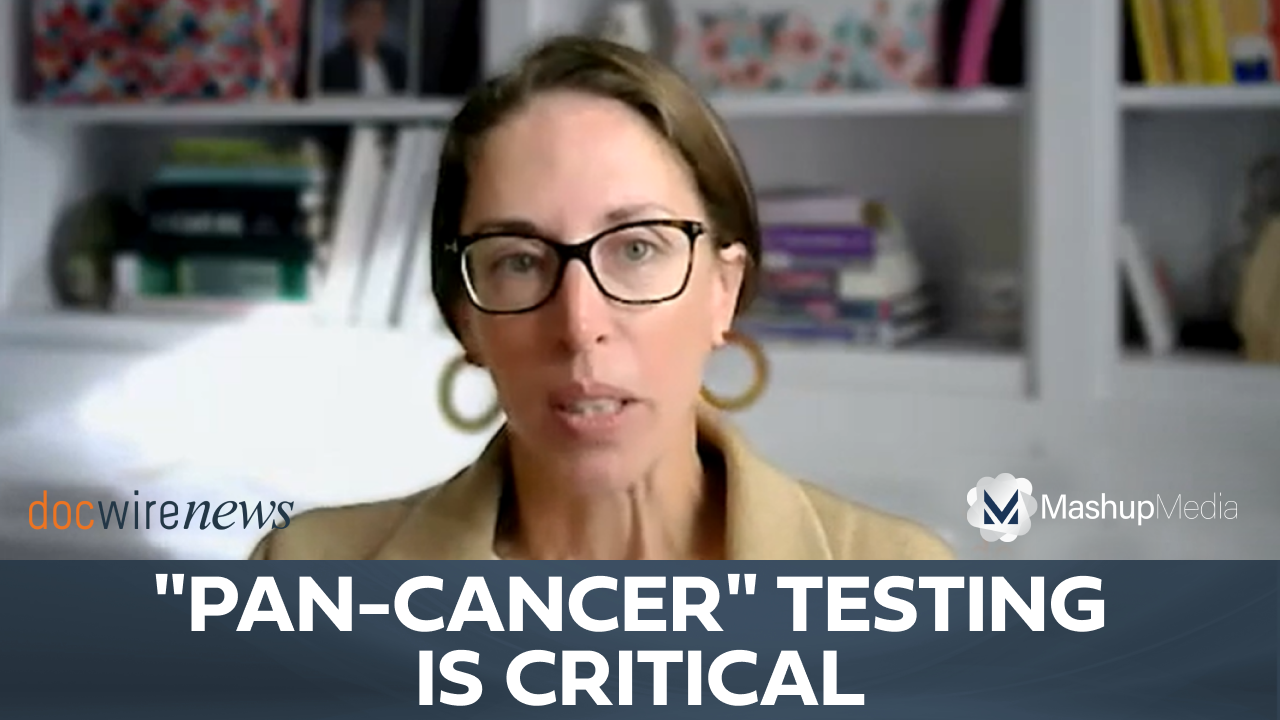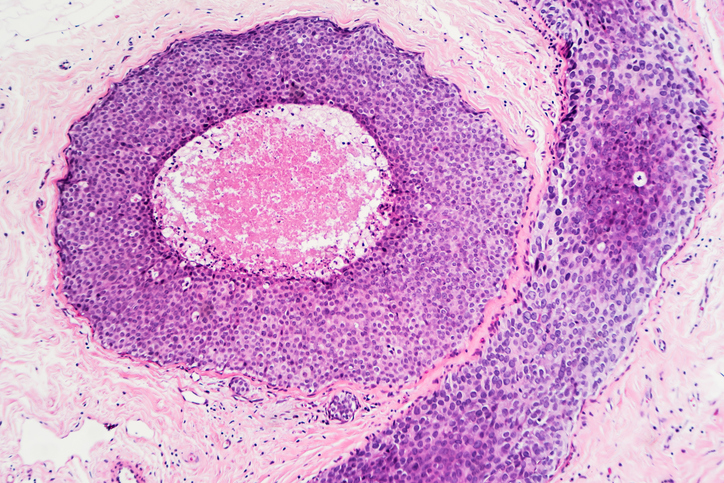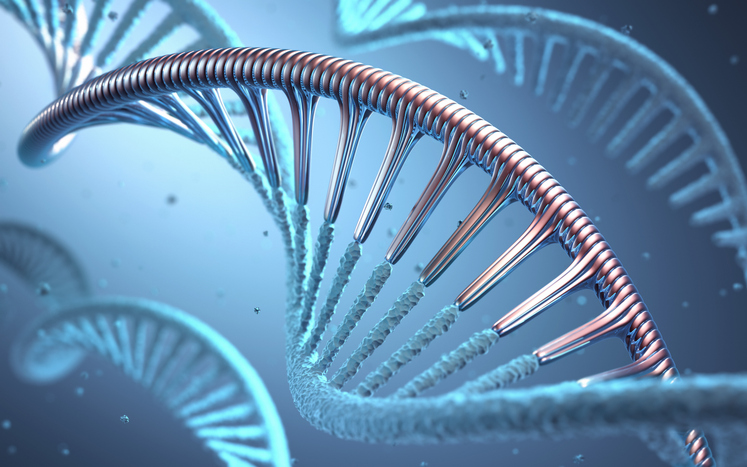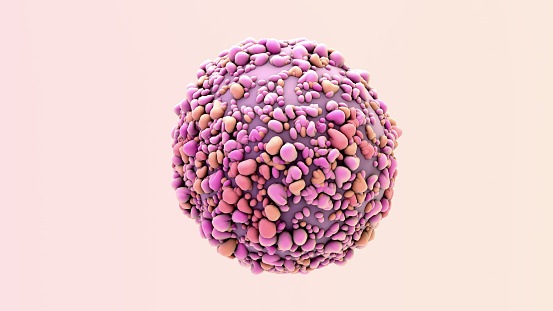
A new study sheds light on the role of purified BRCA1 protein for tumor suppression in individuals with inherited mutations and who are notably predisposed to breast and ovarian cancers.
Researchers at the University of Texas Health Science Center at San Antonio (UT Health San Antonio) have discovered that BRCA1 protein application helps prevent cancer by repairing damaged DNA. “Our biochemical analysis with purified BRCA1 protein helps its role in DNA end processing,” according to Associate Dean of Research at UT Health San Antonio Patrick Sung, DPhil, who is also the director of the Greehey Children’s Cancer Research Institute and a senior author of this study published on September 11 in Nature.
The researchers show that BRCA1 pushes DNA break toward an accurate DNA repair mechanism called homologous recombination (HR). In addition, the protein promotes subsequent steps by spurring the activity of enzymes that process DNA ends to prepare them for HR.
Sandeep Burma, PhD, professor and vice chair of neurosurgery at the Mays Cancer Center at UT Health San Antonio, explains that BRCA1 prevents cancer by enforcing a decision-making step when the cell is faced with DNA break and channeling DNA breaks into HR for repair. The new research provides more insight into the suppressor function of BRCA1, which was confirmed at a cellular level led by the Burma laboratory.
These findings, published on the eve of Breast Cancer Awareness Month, can provide further understanding of how BRCA1 dysfunction leads to oncogenesis and inform therapeutics for specific mutations in breast and other cancers.







 © 2025 Mashup Media, LLC, a Formedics Property. All Rights Reserved.
© 2025 Mashup Media, LLC, a Formedics Property. All Rights Reserved.